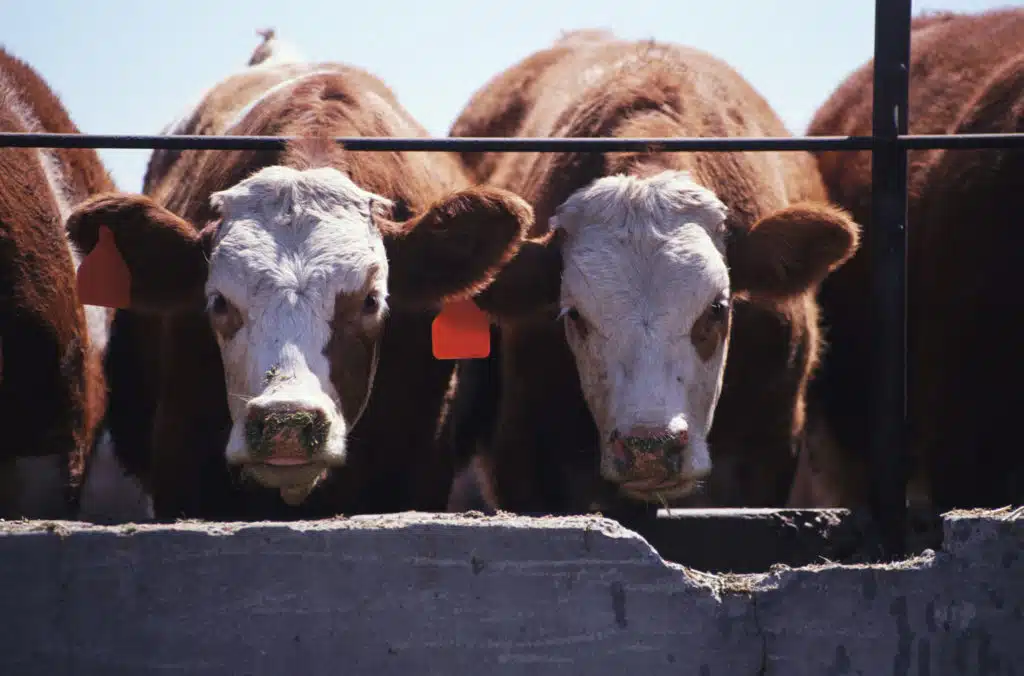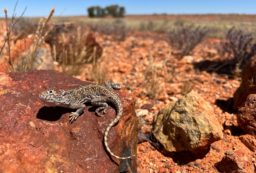Drinking soy milk or soy-based formula does not trigger peanut allergy in children, researchers from the Murdoch Children’s Research Institute have found. Their work challenges the results of an influential previous study.
“Our results show that parents who choose to give their children soy products are not increasing their risk of becoming allergic to peanuts. It’s a myth,” says PhD student and epidemiologist Jennifer Koplin who played a key role in the research.
Peanut allergy is the most common cause in children of the life-threatening allergic reaction known as anaphylaxis. In the past, researchers thought there might be a link between the use of soy products and the development of peanut allergy. The two legumes produce sets of similar proteins, says Koplin, and it was thought this might lead to some amount of cross-reaction in interactions with the immune system.
The new study, however, shows that the association between soy consumption and peanut allergy is coincidental. It occurs because parents whose children are already at higher risk of peanut allergy-due to a family or personal history of cow’s milk allergy-are more likely to give their children soy. The researchers could find no evidence that drinking soy increased the risk of peanut allergy, says Koplin. She analysed data from the Melbourne Atopy Cohort Study which closely followed 620 children from the time of their birth until they were two years old.
The findings, which have just been published in the Journal of Allergy and Clinical Immunology, will be used to design future research into the risk factors for peanut allergy.
Koplin is now involved in a project investigating food allergies in 5000 one-year-olds across Victoria. She is trying to determine how food allergies relate to environmental factors, such as the age of introduction of certain foods or whether the children have been exposed to pets or not.
Jennifer Koplin is one of 16 early-career scientists presenting their research to the public for the first time thanks to Fresh Science, a national program sponsored by the Federal and Victorian Governments.
Background
A recent cohort study suggested that intake of soy milk or soy formula was associated with peanut allergy. If this finding is confirmed, it suggests an avenue for modification of diet as a peanut allergy prevention strategy.
OBJECTIVE: To investigate the relationship between soy consumption and peanut sensitization in a prospective cohort study of children.
METHODS: A total of 620 babies with a family history of allergic disease were recruited. Dietary information was obtained from telephone interviews every 4 weeks from birth until 15 months and then again at 18 months and 2 years. Skin prick tests to peanut, milk, and egg were performed at 6, 12, and 24 months. A wheal size > or = 3 mm was considered positive for sensitization.
RESULTS: Children whose parents elected to introduce soy formula or soy milk into their children’s diet were more likely to be sensitized to peanuts at 2 years (odds ratio, 2.02; 95% CI, 1.04-3.92; P = .039). However, this relationship was explained by feeding of soy to children who had siblings with milk allergy or were themselves sensitized to milk. After adjusting for these factors, there was no evidence of an association between soy consumption and peanut sensitization (odds ratio, 1.34; 95% CI, 0.64-2.79; P = .434).
CONCLUSION: The association between soy consumption and peanut sensitization is not causal but merely a result of preferential use of soy milk in infants with a personal or family history of cow’s milk allergy. Future studies should take the confounding effects related to dietary modifications by parents into account when investigating the association between diet and childhood allergic diseases.





 Fresh Science is on hold for 2022. We will be back in 2023.
Fresh Science is on hold for 2022. We will be back in 2023.